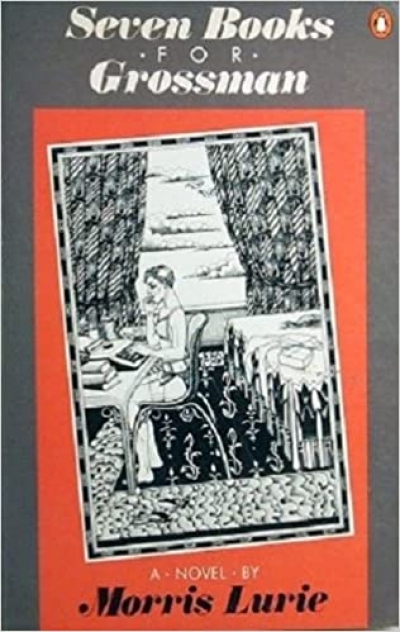Archive
Film | Theatre | Art | Opera | Music | Television | Festivals
Welcome to ABR Arts, home to some of Australia's best arts journalism. We review film, theatre, opera, music, television, art exhibitions – and more. To read ABR Arts articles in full, subscribe to ABR or take out an ABR Arts subscription. Both packages give full access to our arts reviews the moment they are published online and to our extensive arts archive.
Meanwhile, the ABR Arts e-newsletter, published every second Tuesday, will keep you up-to-date as to our recent arts reviews.
Recent reviews
Judith Rodriguez reviews 'Earth and Solitude' by Barbara Giles, 'Abruptly from the Flatlands' by Joyce Lee, and 'Re: The National Neurosis: Ockers' by Π.O.
Pariah Press is a brave new enterprise. A group of Melbourne poets have decided on the often-mentioned but rarely attempted co-operative method of publication. Barbara Giles and Joyce Lee are the first with books under Pariah’s deceptively humble imprint.
Giles is well known as the chief Editor, till recently, of Luna magazine, but the author of racy and successful nonsense verse and stories for children; Giles and Lee both have a small previous collection – Eve Rejects Apple (1978) and Poems from the Wimmera (in Sisters Poets I, 1979). Their new collections – Giles's Earth and Solitude (Pariah Press, 56 p., $5.95) and Lee's Abruptly from the Flatlands (Pariah Press, 57 p., $5.95) – give them room for variety and each strikes out in a fresh direction.
... (read more)Yvonne Rousseau reviews 'Thor’s Hammer' by Wynne Whiteford, 'The Tempting of the Witch King' by Russell Blackford, and 'Kelly Country' by A. Bertram Chandler
Colonised asteroids, plentiful spaceships, an Astrogold Corporation tower approached by aircar: these are tokens of a world soothingly remote from present-day anxieties. But in Thor’s Hammer by Wynne Whiteford (Cory & Collins, 150 pp, $3.95 pb), the euphoric sense of disconnection has extended rather too far.
... (read more)Seven Books for Grossman by Morris Lurie & Uphill Runner by James McQueen
Birds of Passage by Brian Castro & Getting Away With It by Kevin Brophy
People produce art to explain and honour the life they know, and to many the short story is a logical medium for that expression. The more futuristic art gurus, however, believe that printed pages are destined for extinction as an art form and that the short story will be first on the Dodo list.
... (read more)







